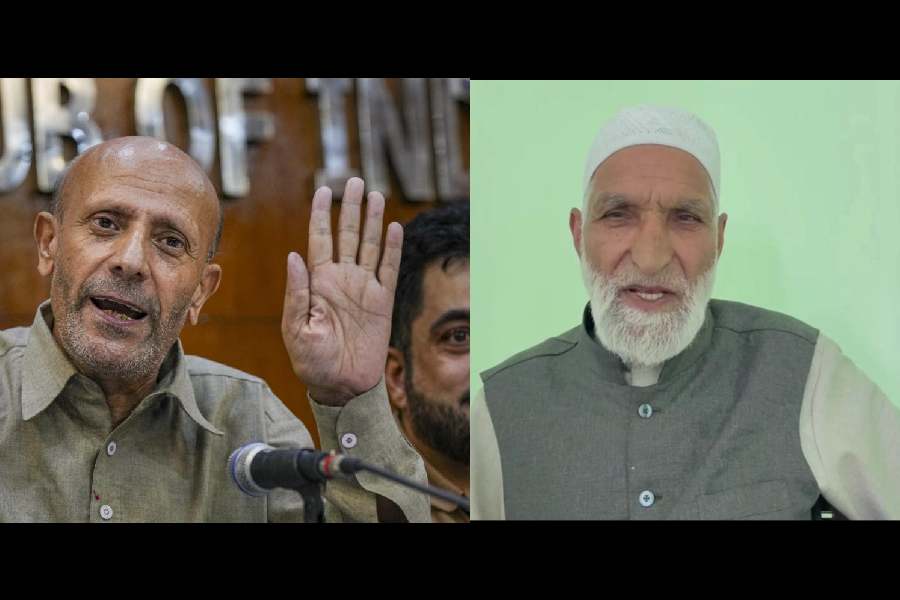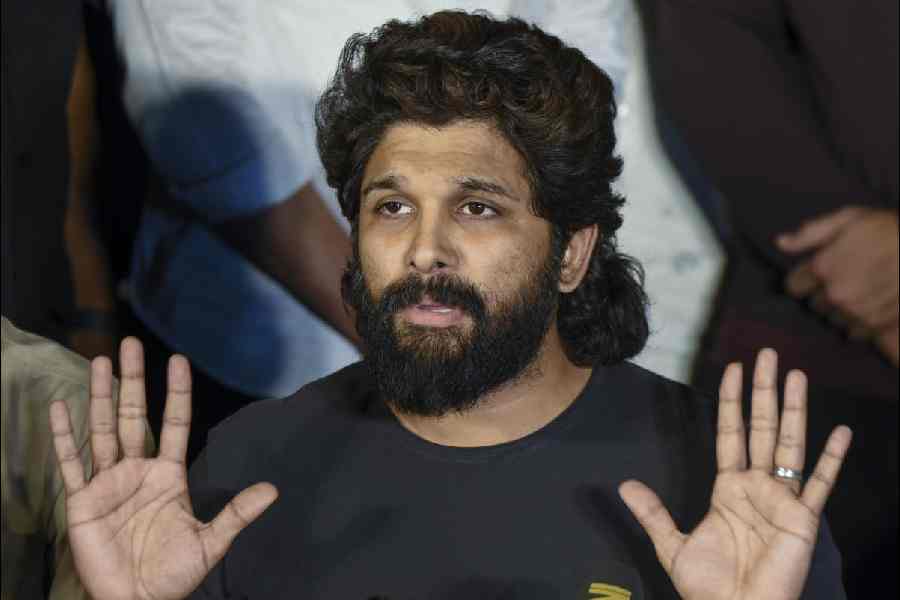Baramulla Lok Sabha member Sheikh Abdul Rashid’s Awami Ittehad Party (AIP) and the separatist Jamaat-e-Islami (JEI) have formed a “strategic alliance” for the Jammu and Kashmir Assembly polls.
Jamaat is a banned organisation but has been allowed by the Centre to field candidates. Both parties are facing accusations that they are the Centre’s new proxies.
The two parties said they have come together to champion the cause of the people of Jammu and Kashmir.
Rashid and top Jamaat leader Ghulam Qadir Wani, along with other leaders, attended Sunday’s meeting in which they agreed to join hands.
“Engineer” Rashid is known for espousing the right to self-determination for Kashmiris although he swears loyalty to the Indian Constitution.
Jamaat, on the other hand, is a known separatist organisation and was the driving force behind the Hizb-ul-Mujahideen.
A statement by the AIP said they had agreed to work together in the larger interest of the region’s population.
Following comprehensive deliberations, it was agreed that the AIP would support JEI-backed candidates in Kulgam and Pulwama. In constituencies where both the AIP and the JEI have fielded candidates, the alliance has agreed to a “friendly contest”, particularly in constituencies like Langate, Devsar and Zainpora.
The JEI will throw its support behind AIP candidates at other places in Kashmir, the statement said.
“Both parties underscored the importance of unity in resolving the Kashmir issue and promoting a lasting and dignified peace in the region,” the statement said.
They highlighted the rapidly evolving political landscape, both regionally and internationally, and stressed that neither the JEI nor the AIP can afford to remain passive observers.










